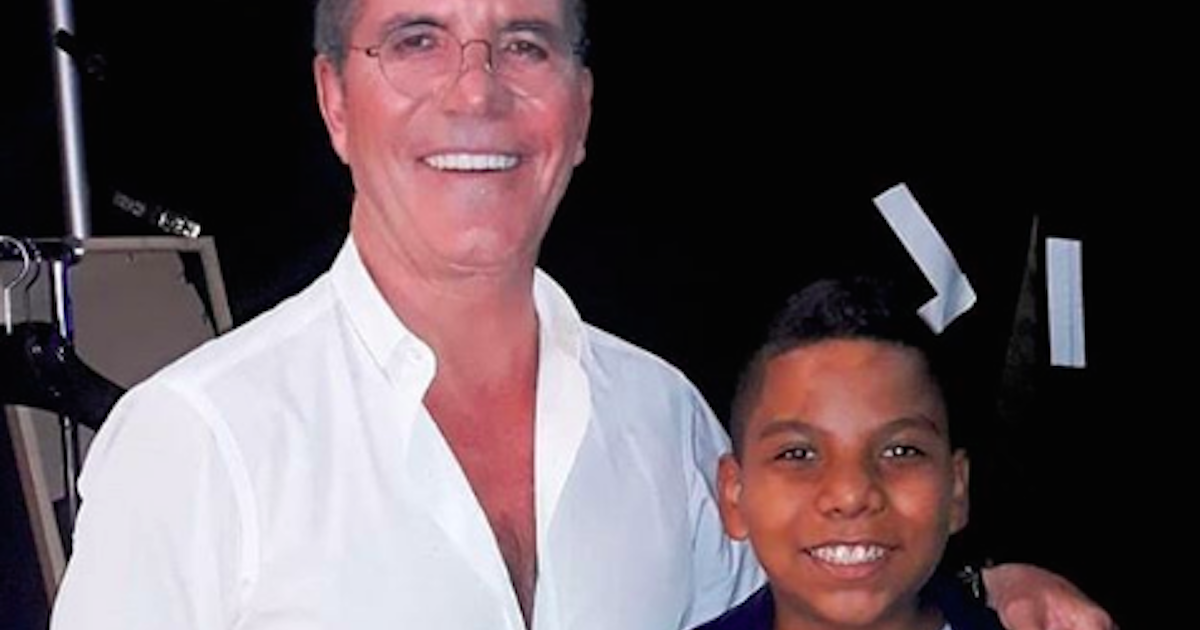Tyler Butler-Figueroa & Simon Cowell
- Tyler Butler-Figueroa appeared on America’s Got Talent at 11-years-old and shared he had been bullied in school after being diagnosed with cancer
- Butler-Figueroa started playing the violin after his diagnosis, and has been in remission for nearly 5 years
- After AGT host Simon Cowell’s back injury, Butler-Figueroa wished him a speedy recovery and is praying for him
“Hello everyone! Join my family and I in sending up prayers and good thoughts for Simon Cowell from America’s Got Talent. Simon had an accident and is recovering from a back injury. Simon, we wish you a speedy recovery,” Tyler wrote.
How Music Helped Survivors Get Through Cancer Treatment
Feeling isolated during cancer treatment is unfortunately a lot more common than you might think. Some survivors say that after their diagnosis, they noticed that people who they thought were close friends started to distance themselves and stop communicating with them. This was the case for two-time cancer survivor and singer, Bianca Muniz, who says she lost a lot of people in her because they couldn’t understand what she was going through.
"People don't really know how to deal with what I'm going through … I didn't care to talk about what was happening with me," she says. "I just wanted things to be normal, and they just didn't really understand how to do that."
Related: Cancer Survivor Joel Naftelberg Learned to Dance on His Problems
While battling two separate cancers was a often a difficult challenge, Muniz says music was a way to escape from her darkest days. While making music, her diagnosis served as a double edged sword. On one hand, she drew inspiriation from her journey, but treatment impaired her voice significantly.
"This experience has had two different effects on my creativity and my music, so I've gotten a lot of inspiration from it,' Muniz says. "But also the side effects of treatment, of chemo, and surgery have definitely had a little bit of a negative effect on my voice. But then again, I love performing. I always feel happy after I've performed."
Two-time cancer survivor Bianca Muniz says making music helped her cope during treatment
Learn more about SurvivorNet's rigorous medical review process.

